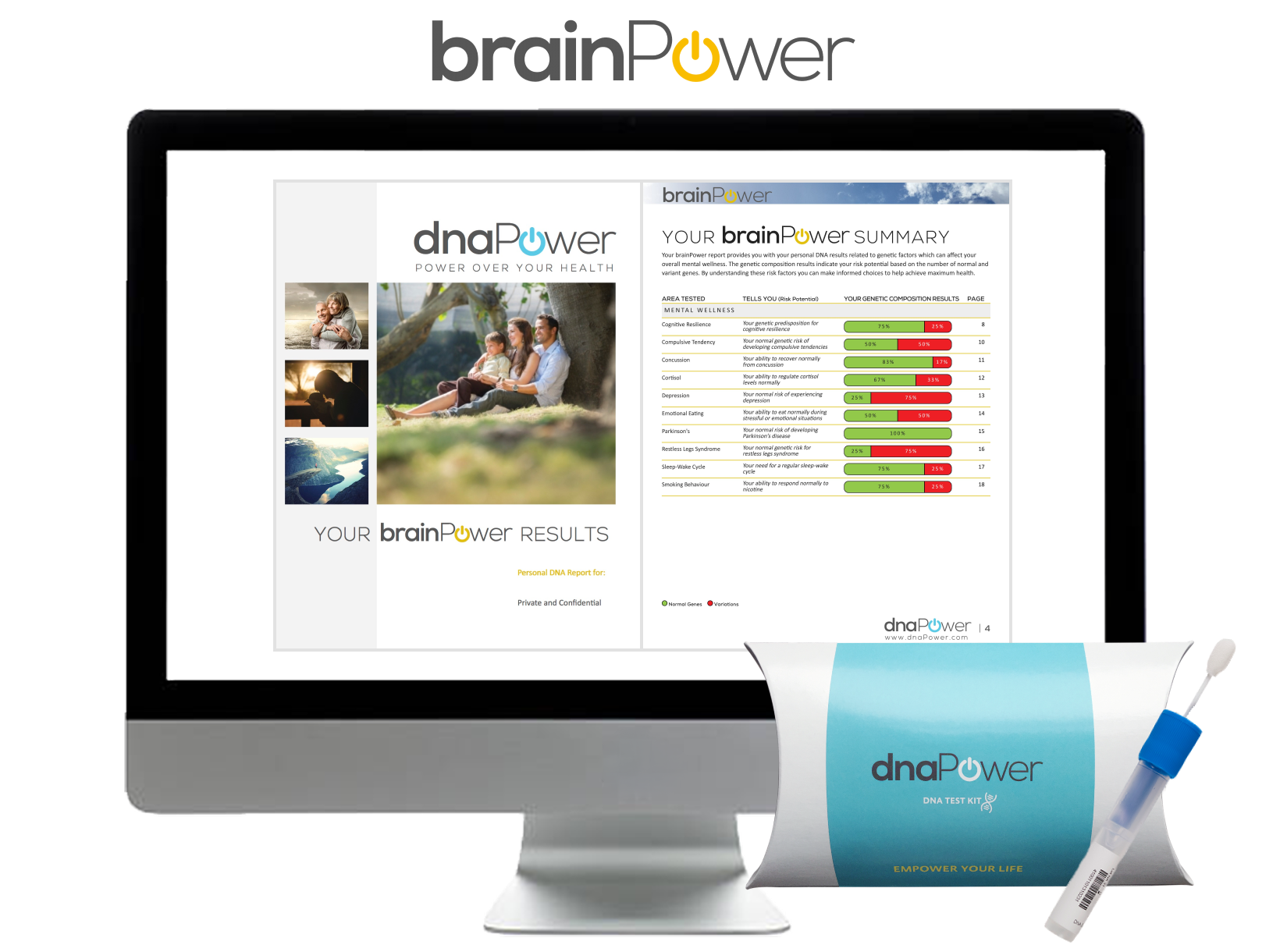
After menopause, hormone levels stabilize at lower levels, marking the start of a new and powerful phase of health and vitality. While symptoms may lessen, your focus now shifts to long-term wellness. The key priorities become maintaining bone strength, heart health, metabolism, and cognitive clarity. The secret to thriving in this new chapter lies in understanding postmenopause and your DNA.
Understanding your unique genetic blueprint can help you build a personalized plan to stay strong and vibrant for decades to come.

DNA testing can help identify where your body needs extra support as it adapts to life after menopause. Here are five key areas where your genetics play a crucial role.
Genes like VDR influence how your body activates vitamin D and absorbs calcium. This directly affects your bone density after menopause. These same pathways also play a role in your long-term heart health after menopause, making this a critical area to understand.
Genetic variations in key genes like GST and SOD2 can affect how well your body manages oxidative stress and clears out toxins. Supporting these pathways is essential for managing inflammation.
Genes such as FTO and MC4R have a significant impact on how your body handles glucose and stores fat. If you’ve found postmenopause weight management to be a challenge, your genes can offer clues why.
Genes like COMT, which are related to your brain’s neurotransmitters, influence your mood and mental focus. Understanding your genetic type can help you support your brain health as you age.
Genes like MTHFR are vital for methylation, a process that supports long-term energy and healthy aging at a cellular level.
Understanding postmenopause and your DNA is about turning insight into action. Here are simple, actionable steps you can take to support your long-term health.
Postmenopause isn’t the end of vitality; it’s the start of a new, empowered chapter. By using genetic testing, you can personalize your diet, exercise, and supplement plan to match your biology and stay strong for decades to come.
Your DNA is your lifelong roadmap, and it’s never too late to use it.
Author Bio:
Lois Nahirney founded dnaPower to provide a real alternative to one-size-fits-all wellness. A personal family health journey inspired her to help people understand their own unique biology. She is dedicated to empowering everyone with the tools they need to build a truly personal roadmap to health.

Total Power
USD $375

Brain Power
USD $225
Dr. Lois Nahirney founded dnaPower after a personal family health journey. She is dedicated to making the science of genetics simple and actionable. Her mission is to empower everyone with the knowledge to control their well-being.
Get weekly updates on the newest DNA stories, case studies and tips right in your mailbox.